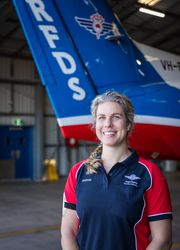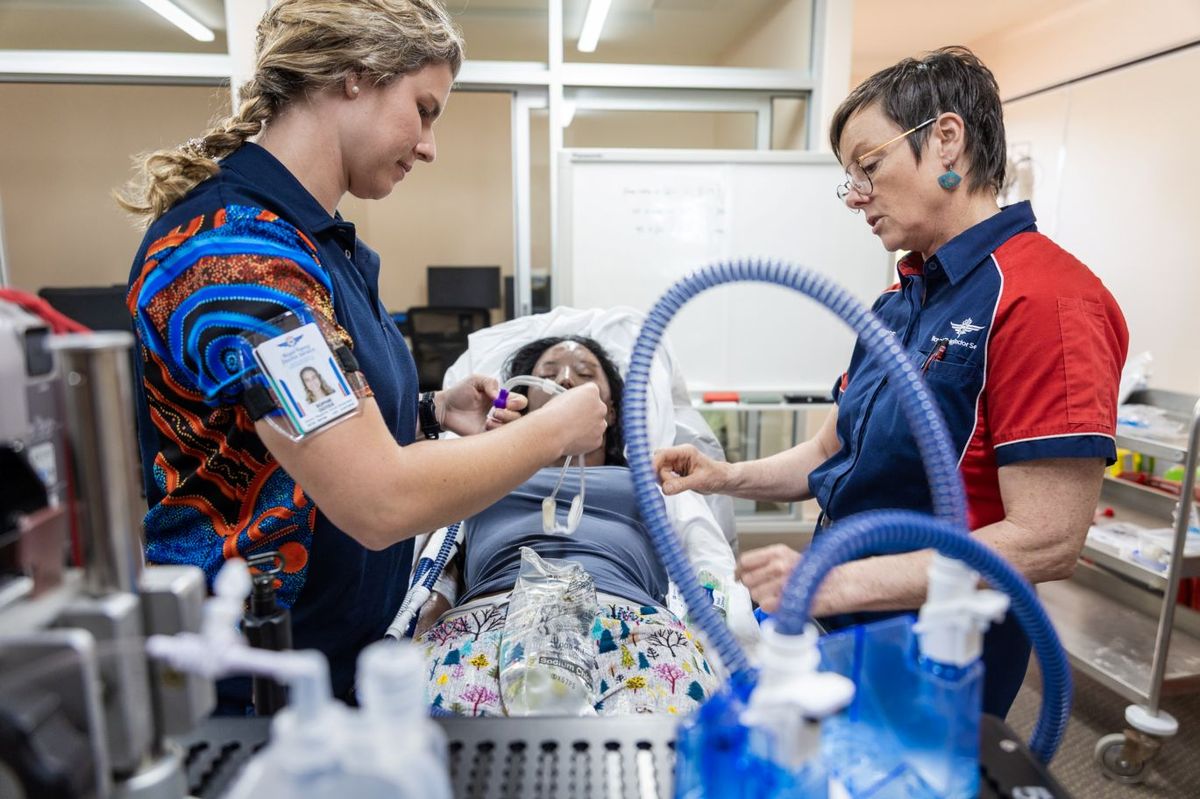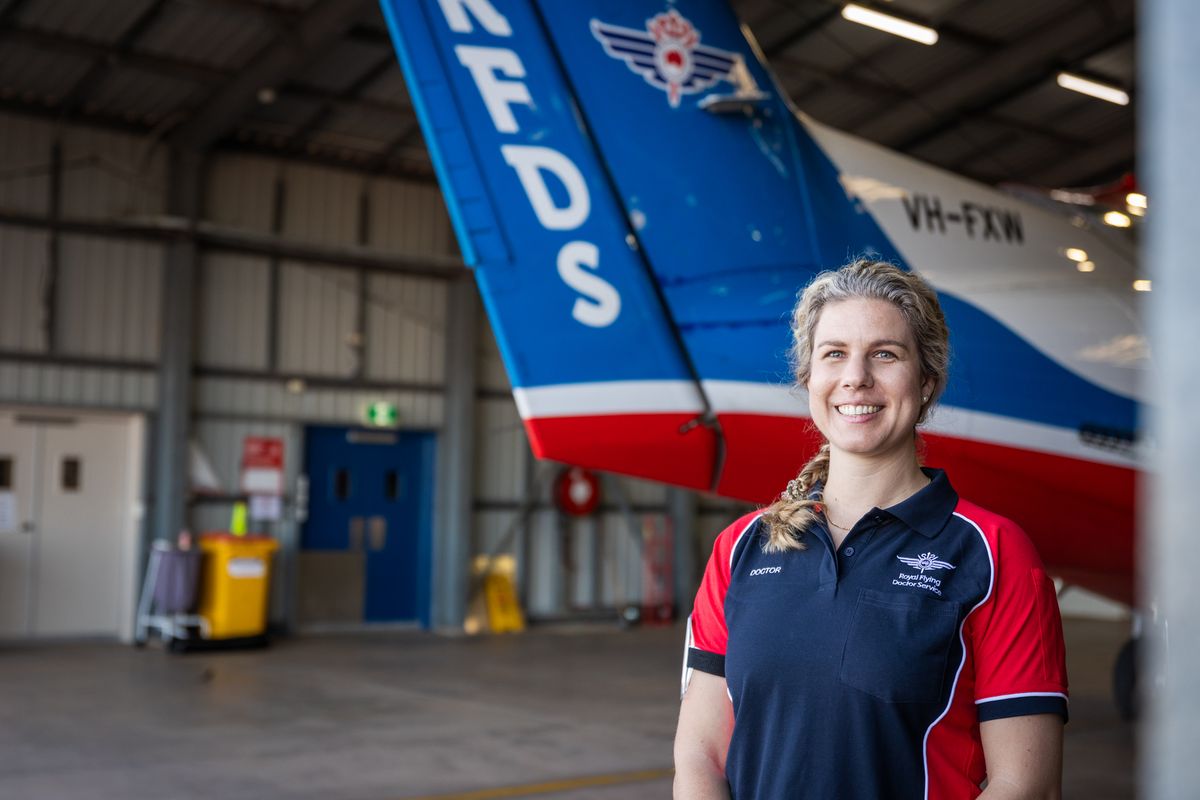
When Dr Sophie Ootes received the RACGP South Australian GP in Training of the Year Award, she wasn’t just accepting a personal accolade – she was representing a voice for rural and remote communities across the state.
For her, and for many of the dedicated doctors at the Royal Flying Doctor Service SA/NT (RFDS), rural generalism is more than a career – it’s a calling.
And now, with the Australian Government recognition of rural generalism as a medical specialty, that calling finally has a formal seat at the table.
“I’ve been very humbled to receive the award, amongst so many incredible colleagues,” Dr Ootes said.
“But I really want to use it as a platform to show that rural health matters.”
For Dr Ootes, the journey to rural medicine was anything but linear. Originally from South Australia, she studied post-graduate medicine in Sydney, cut her teeth in hospital medicine in Ballarat, and then returned home to pursue general practice training.
Her path wound through sports medicine in the metro areas, rural postings in Clare, Mid North SA, and now to the wide red landscapes of the outback with the RFDS.
“What I love about rural generalism is the variety,” she said.
“You never know what’s coming through the door, or oftentimes, what’s coming over the radio."

One minute you’re consulting on chronic disease management, the next you’re flying out for a retrieval or handling a remote emergency over the phone.
Dr Sophie Ootes
This broad scope – including procedural work, preventative health initiatives, and acute care – makes rural generalists the ‘Swiss army knives of medicine’.
While many associate the RFDS with airlifts and emergency retrievals, Dr Ootes was quick to emphasis a vital part of her role: preventative health care.
From diabetes education to mental health support, she and her colleagues bring care directly to communities that would otherwise face an eight- to 15-hour drive to Adelaide.
“We’re lesser known for our primary care and our bush clinics, but these lay the foundations for better long-term health outcomes,” she explained.
“We know rural Australians suffer high rates of chronic disease. If we can see patients earlier, and provide continuity in their management, we’re not just saving lives – we’re improving the quality of those lives.
“We fly into communities where we’re sometimes the only face-to-face health care people will see for months.”

For RFDS Rural Generalists, a day could include some telehealth consults, flying to remote communities and stations for clinics, and a late-night emergency retrieval... or all three.
“There is no typical day,” Sophie said.
“You have to be comfortable with uncertainty. And you have to trust your team.”
That team is something Dr Ootes holds close.
Whether it’s the pilots who battle logistics to land on outback strips, the flight nurses who stabilise critical patients or contribute to remote clinics, the multi-disciplinary allied health team or the operations coordinators handling calls with calm precision – the RFDS is all hands on deck.
“We’re lucky to have such fantastic colleagues – everyone’s got a role, and we learn from each other constantly.”
The same applies to the communities she serves.
Building trust takes time, but it’s what allows Sophie and the RFDS Team to deliver care that’s not just clinically effective, but culturally relevant.
“You can't just drop in and prescribe change. You have to understand the way people live, their challenges, their strengths. You have to listen to what people want for themselves and their communities, and work with them to support those goals.”
For young doctors and medical students, particularly those aspiring to follow rural medicine, Dr Ootes’ message is clear: “Go for it!"
"Rural medicine is challenging but so rewarding – we see the complete spectrum of patients and disease presentations and always have to consider logistics."
“To me, the RFDS is about giving people the opportunity to access high quality care, no matter where they live in this beautiful country.”
Learn more about the Flying Doctor.

